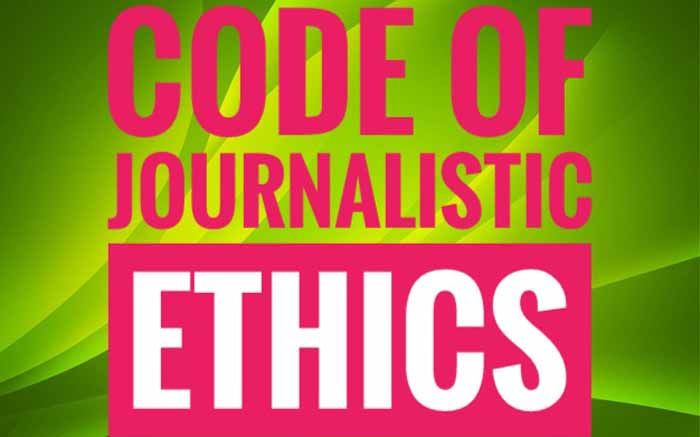Whaleshares Organizational Ethics 2.0

The word "ethics" comes from the Greek word "ethos", which means character. The word is formed using the Greek prefix "eth" (no not Ethereum),meaning "habit" or "custom", and "os", a suffix indicating possession. An individual's character is based on the quality of their daily habits. In this book, Rhetoric, written in the 4th Century, B.C., Greek philosopher Aristotle listed ethos as one of the three most effective tools of persuasion. Ironically, Aristotle had the time to cultivate the daily habits of studying and writing because his slaves freed him from the necessity of performing any manual labor himself.
Modern ethics can be described as the study of the moral principles that govern behavior. The moral principles of a society are often influenced by religion. However, the fact that slavery is no longer considered morally acceptable is one example of how ethics differ on its moral principles, but can deviate from what is objectively considered ethical. The existence of for-profit prisons is a good example of such deviation. Societies may reach a collective agreement as to what constitutes ethical behavior, but may also themselves become corrupt. Ethics, then, must be a continuous examination of moral beliefs and conduct to establishes and maintain a reasonable standout of behavior.

A society's ethics manifest themselves through defining the virtues, rights and obligations of individual citizens. Usually, a system rewards and punishments is developed and put in a place to keep behavior within socially acceptable limits very much like Whaleshares is doing now. For a peaceful society to exist, its members must agree to refrain from behaviors such as fraud, rape, theft, assault and murder. Therefore such acts are punished , while acts of honesty and compassion are rewarded.

Posted from my blog with SteemPress : https://chronocrypto.io/whaleshares-organizational-ethics-2-0/